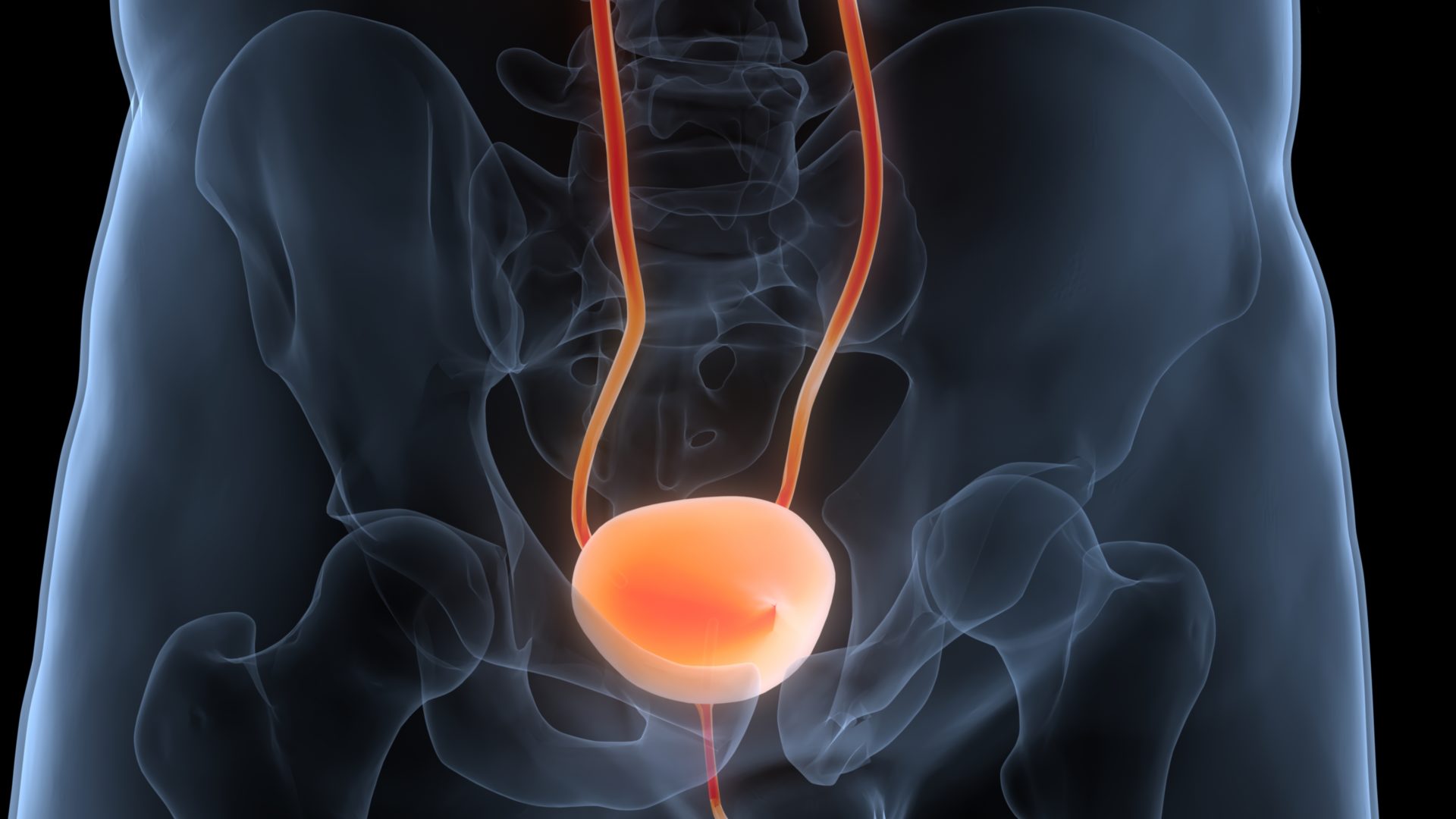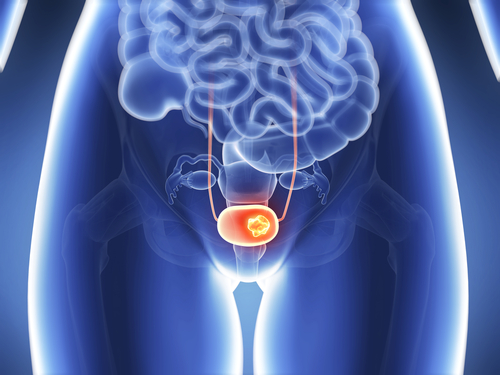A research team evaluated necroptosis-associated long non-coding RNAs (lncRNAs) for their association with the tumor microenvironment (TME) and therapy response in patients with bladder urothelial carcinoma (BLCA). The study, published in Frontiers in Immunology, found that lncRNAs associated with necroptosis were able to predict outcomes in patients with BLCA. This method could be valuable for individualizing BLCA treatment.
Using data from the Cancer Genome Atlas database, the investigators performed co-expression, differential expression and univariate Cox regression analyses to identify lncRNAs associated with necroptosis that may have prognostic value. The least absolute shrinkage and selection operator and further Cox analyses were then used to construct a predictive model and a nomogram.
Principal component analysis of the lncRNA-based nomogram revealed distinctions between high- and low-risk patient groups, according to the authors. They also reported that the predictive model had strong consistency between calibration plots and prognostic predictions. The model had an area under the receiver operating characteristic curve of 0.707, 0.679, and 0.675 for 1-, 3-, and 5-year overall survival, respectively.
The researchers proposed that the wide diversity of half-maximal inhibitory concentration observed between cases could be valuable for defining risk groups to inform therapeutic options. Additionally, cluster grouping was able to distinguish hot and cold tumors, which could be valuable for predicting prognosis. Notably, the hot tumor clusters were more sensitive to immune therapies.
The necroptosis-associated lncRNA model predicted survival outcomes and was able to distinguish between hot and cold tumor groups. The authors suggested that the model could greatly improve treatment individualization. They ultimately called for further investigation into the regulatory mechanisms connecting immunity, necroptosis, and lncRNAs in patients with BLCA.
Reference: Liu D, Xu S, Chang T, et al. Predicting Prognosis and Distinguishing Cold and Hot Tumors in Bladder Urothelial Carcinoma Based on Necroptosis-Associated lncRNAs. Front Immunol. 2022;13:916800. doi:10.3389/fimmu.2022.916800
Source: https://www.frontiersin.org/articles/10.3389/fimmu.2022.916800/full









